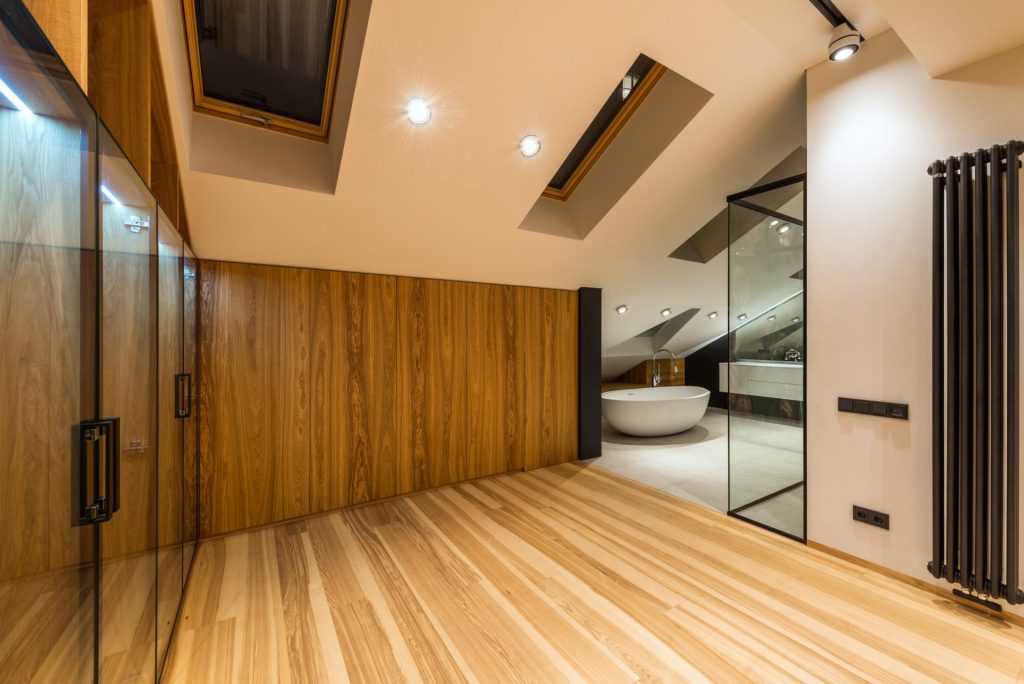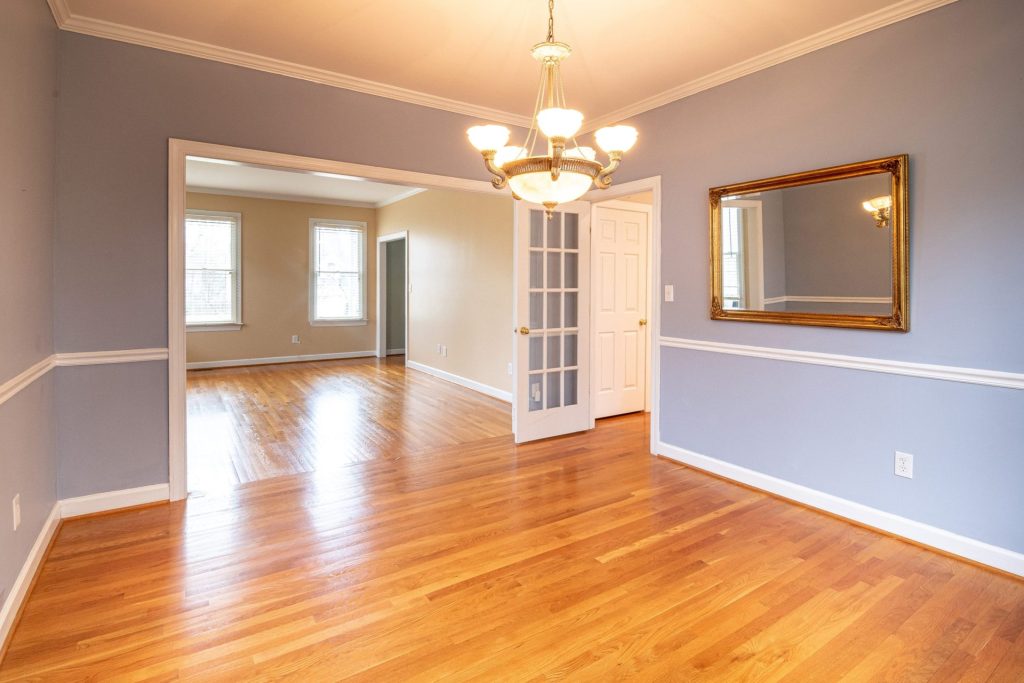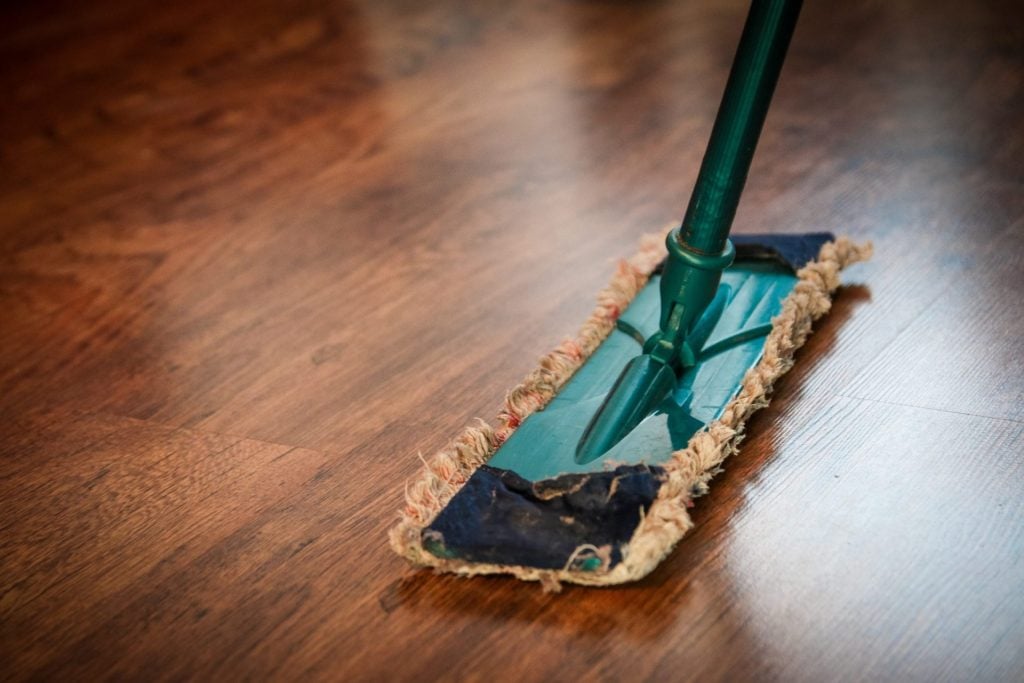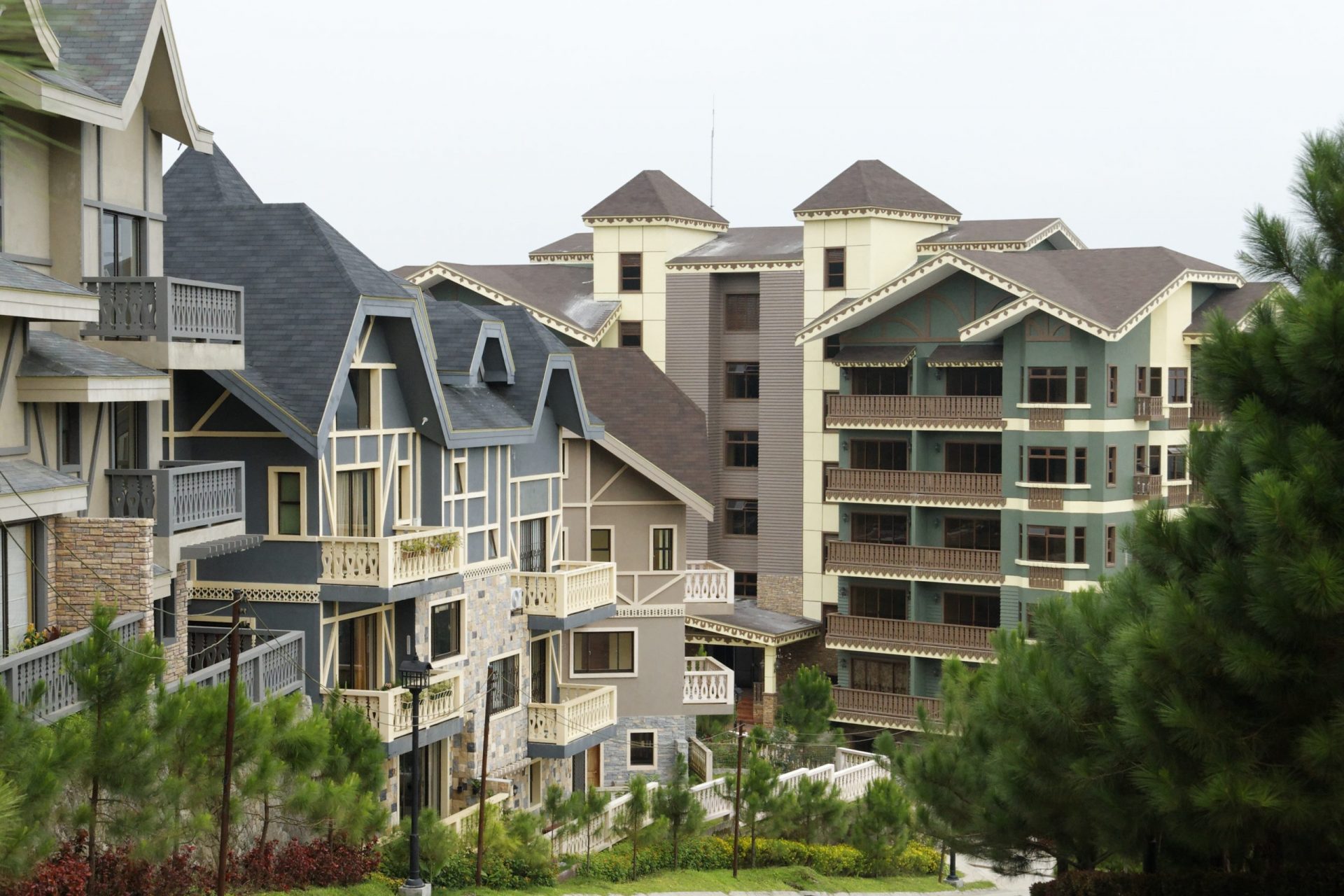BLOGS
Radiant Floor Heating: The Secret To Heated Floors In Luxury Homes
How can it feel warm inside the house despite the cold season?
Have you ever noticed how it feels like you’re standing in the warm sun’s light despite a cold season and the temperature drops? The radiant floor heating system works in this manner!
If you want to know the best heating system for your house, especially if you are planning to invest in a luxury condominium in Baguio, then keep reading.
This floor heating needs no radiators ringing in the middle of the night. There are no vents whooshing like a jet taking off. There will be no dust-spreading ductwork to rack up allergist bills. You can just install a thin layer under the floor on the part of your house that needs warmth.
What is Radiant Floor Heating?
Also called “underfloor heating,” it is a heating system that emits heat from radiators. This is installed beneath the floor to warm the entire room evenly.
Radiant floor heating converts the surface of your floor into a large-area radiator. The base is transformed into a heated surface that directly warms the house. This floor can be “charged” during off-peak hours when electricity is less expensive. The thermal mass is large enough to keep a home comfortable all day without additional electrical input. Other home heating options are forced-air heating, baseboard heating, gas burners, electric heating elements, space heaters, and passive solar design.
Three Types of Radiant Floor Heating
Air-heated Radiant Floor
Radiant air-heated floors are forced-air heating systems in which heated air is passed through ducts installed on the floor and embedded in a heat-conducting substrate (typically concrete). The warm air warms the floor, which radiates heat into the living area.

Electric Radiant Floors
Electric radiant floors are typically built with electric heating cables. Electrical matting mounted on the subfloor beneath a floor covering, such as a tile, is also available in systems.
Electric systems are less expensive to install than hydronic systems, but in the long run, it is likely to be less costly to use a different fuel source and go with a gas-powered hydronic system. This option is frequently used to upgrade a single room or add a touch of luxury. This is common in bathrooms but is also suitable for a smaller home or occasional use.
Hydronic Radiant Floors
Hydronic radiant floor systems circulate heated water from a boiler through a tubing pattern beneath the floor. Controlling the hot water flow through each tubing loop with zoning valves, pumps, and thermostats regulates room temperatures in some systems.
Advantages of Radiant Floor Heating Systems
Easy Operation
Radiant floor heating is simple to use because a thermostat can control it. Temperature and time can be controlled by pushing a button like a furnace. They can also be used with smart WiFi thermostats, which makes them more useful. What’s the best part? They require almost no maintenance and frequently come with a 30-year warranty.
Solar Connections
When radiant floor heating is used, it is even more efficient when connected to a solar thermal system. Solar thermal panels can heat domestic hot water and help heat boilers. Using solar and radiant floor heating is an excellent green system combination.
Safe
When you have underfloor heating, you no longer have to worry about sharp edges or hot radiator surfaces when you have young children. The heating system is safely tucked away and will not become too hot to touch.
Did you know that radiant heat is also better for air quality in a room because it keeps the air clean and oxygen-rich? It is way better than high temperatures caused by radiators which increases discomfort and reduce oxygen levels. The thermal circulation of air rising to the ceiling and returning causes all of the dust to circulate in circles, which a floor heating system would not cause.
Space-Saving
You can enjoy your entire home with radiant floor heating without having radiators on the walls. Modern radiators take up space on a wall, now imagine your freedom in designing when you use heated floors – you can decorate the walls however you want to make a statement or achieve a minimalist look, whatever your style, without having to plan around radiators.

Downsides of Radiant Floor Heating Systems
Cost
The installation of radiant floor heating systems can be costly. They typically cost $10-$20 per square foot of heating. There is also the cost of an electrician connecting the system to a power supply, which can cost up to $200. It can cost you up to $500 (or around ₱30,000- ₱70,000) in total. Water-based systems will be twice as expensive as electrical systems.
High Floor Heights
Floor radiant heating systems, on average, raise the floor height in a room by less than 1/2 inch, depending on the method you choose. Furthermore, place insulation boards beneath the heating equipment to maximize efficiency by ensuring that all heat is directed upward rather than downward. Insulation boards will raise the height by about an inch more.
Installation Period
Since you need to fix and install an electric underfloor heating system and then apply a self-leveling compound, you should account for the time it takes to completely dry before installing the floor covering – that usually takes a day or two. Water-based underfloor heating takes longer to install, but this doesn’t usually matter because it’s generally installed as part of a larger building or renovation project, and installation is usually completed within a week.
Read More The Ultimate Guide to Radiant Floor Heating
Green Facts about Radiant Heating
Every year in April, Earth Month is observed. It is time to raise environmental awareness and create awareness about the issues affecting mother nature during this crisis. Every April, world leaders, and environmental activists join forces to promote sustainable development and climate solutions to lessen our carbon footprint and protect our planet’s natural resources. This month is becoming increasingly important to observe as the Earth begins to unravel the harmful effects of climate change, which threatens our existence and irreversibly harms all forms of life.
Radiant heat is efficient.
Radiant floor heating is one of the most energy-efficient home heating options. They are 20 to 25% more energy efficient than forced-air heating systems. This is because the heat is distributed evenly throughout the room, eliminating the need to overheat the room to compensate for cold spots. Furthermore, radiant floor heating is very efficient because it does not use ductwork, which can leak heat.
Because of how it works, you require less radiant heat!
The way you heat your home affects your energy costs. Because warm air rises and then cools and falls in forced air systems, it takes more continuous energy to keep the room at a comfortable temperature. When electric radiant heating systems are installed, the heat from the system warms the room from the ground up. Still, it also transfers directly to you and warms everything it touches as it radiates throughout the room.

With smart thermostats, radiant heat reduces your energy consumption.
You heat the rooms you use the most frequently, decide when you need heat, and automate conscious heating.
When you don’t feel warm, the natural reaction is to go to the thermostat and turn it up as little as possible. However, radiant heat stays consistent in your home for longer, reducing temperature spikes or drops that require a trip to the thermostat. When you’re not at home, connect a radiant heated floor to your smart thermostat to cool the room while you’re gone and heat it before you return. You can also have the temperature automatically lower at night and rise in the morning. The smart thermostat can help you avoid days when you forget to adjust the heat.
Radiant heat works well under hardwood flooring, which is both sustainable and renewable
You can reduce your carbon footprint even further by installing hardwood flooring, which is both sustainable and renewable. American cherry, walnut, teak, antique heart pine, ash, bamboo, Brazilian walnut, bubinga, Douglas fir, iroko, kempas, padauk, purpleheart, red oak, Santos mahogany, and sapele are all compatible with radiant floor heat.
The Best Places to Install Radiant Heating in a House
Bathrooms
Bathrooms are ideal places to install a floor heating system because no one wants to step out of a hot shower onto a cold floor. Tile is always hard to the touch, no matter where you are. Bathrooms are typically cold due to tile floors, damp towels, and high humidity levels, especially in the fall and winter—heated floors help keep the space comfortable all year.
Kitchens
Hard tile flooring is standard in kitchens. They also have a certain amount of humidity. As a result, kitchens can become cold in the fall and winter, making heated floors a viable option. Because it is one of the most used rooms in the house, the kitchen is an excellent location for radiant floor heating.
Bedrooms
Various conditions must be met for a comfortable and restful night’s sleep. You can sleep better when you keep your home at a pleasant, regular temperature. Any bedroom floor can be heated with a radiant floor system, which is compatible with practically all types of flooring. Since the heating is compatible with tiles, wood, stone, planks, and more, you can get the most out of your walls and floors.
Radiant floor heating is a simple and cost-effective way to warm your home and keep your feet warm. Although the cost of installing radiant heating is higher than the cost of installing traditional radiators, several options are available to fit your budget, and it’s important to remember that underfloor heating provides significant cost savings on your energy bills in the long run.
Imagine waking up to a refreshing wind and the aroma of pine trees that are decades old. Is it appropriate for radiant floor heating? At Bern Baguio, celebrate life and elegance. This is the life you should be living: a peaceful, healthy, and natural existence.
The expenses you put into underfloor heating are money well spent. It provides a beautiful aesthetic, and you may use it for years without repairing the system. There are many advantages to using radiant heating, and you may enjoy having your home at a constant temperature that keeps you and your family comfortable regardless of the cold climate.
Suggested Read: Benefits Of Wood-Burning Stoves For Your Luxury Home
Suggested Read: What Impact Will Climate Change Have On Property Value
Suggested Read: Insulation Guide For Energy-Efficinet Luxury Homes
Suggested Read: Pros & Cons Of Wood, Gas, And Electric Fireplaces
Suggested Read: How does Radiant Floor Heating Work?
Suggested Read: Brittany Properties for Sale
Suggested Read: Smart Home Trends 2022















